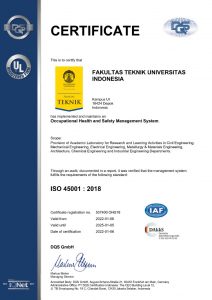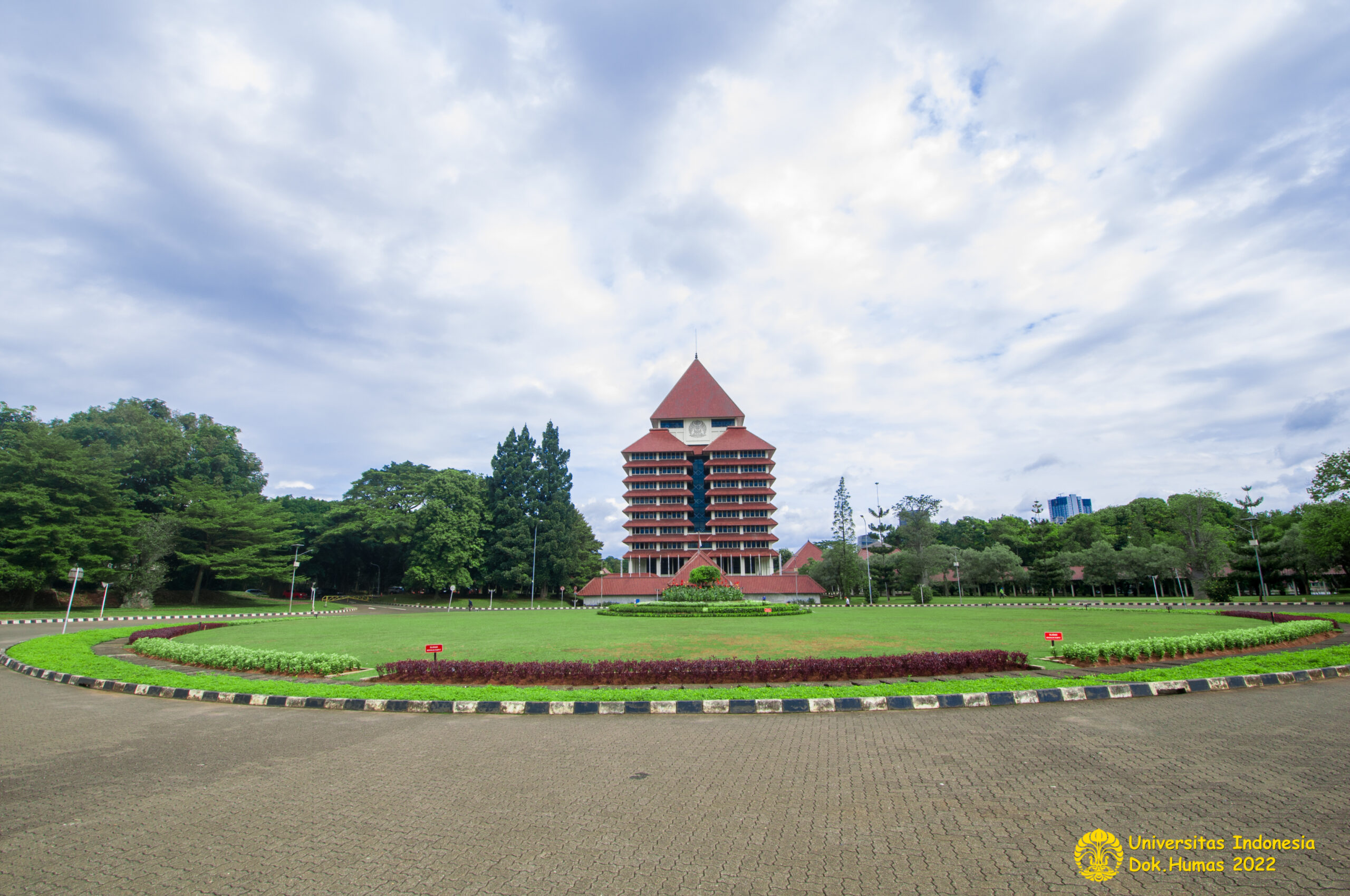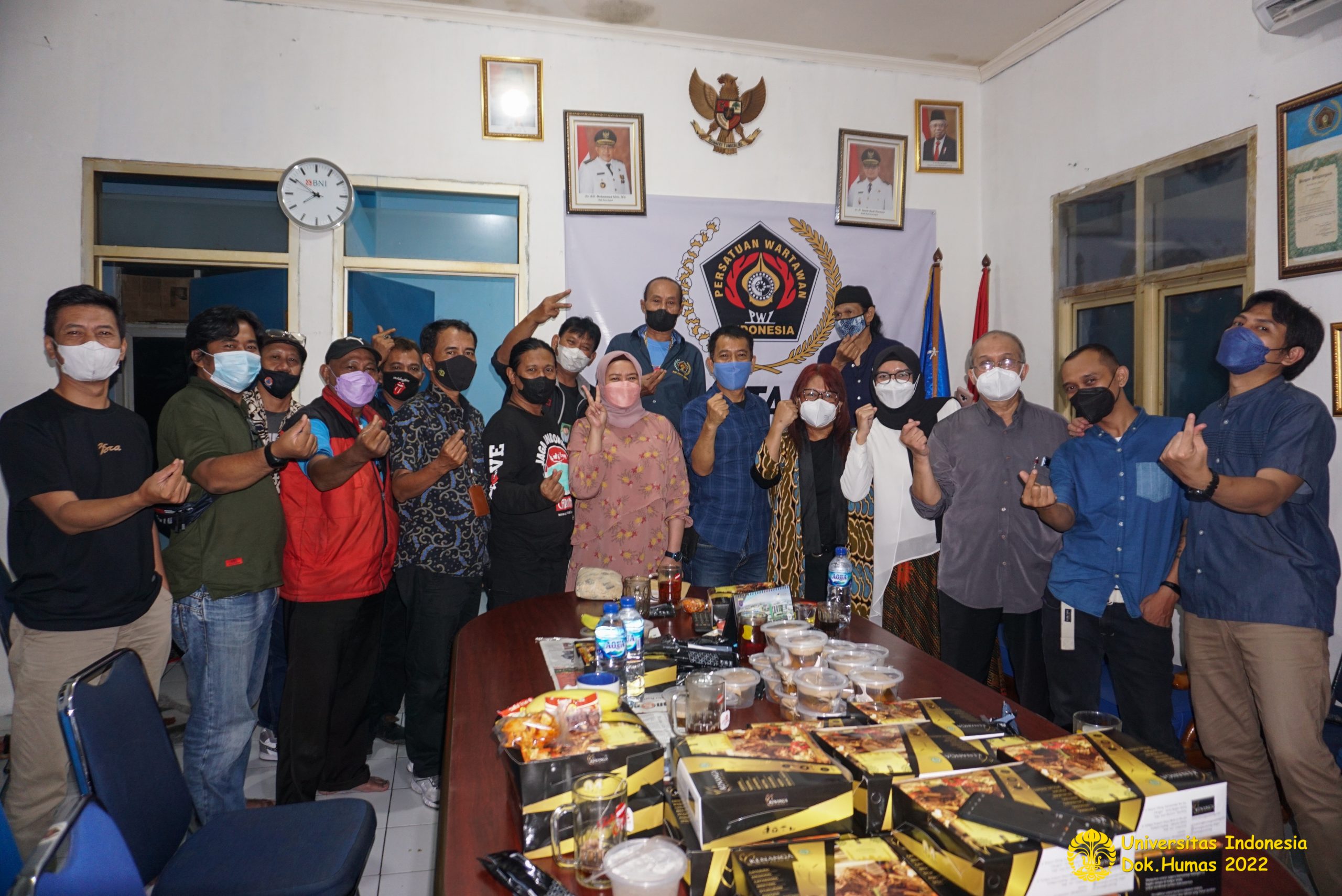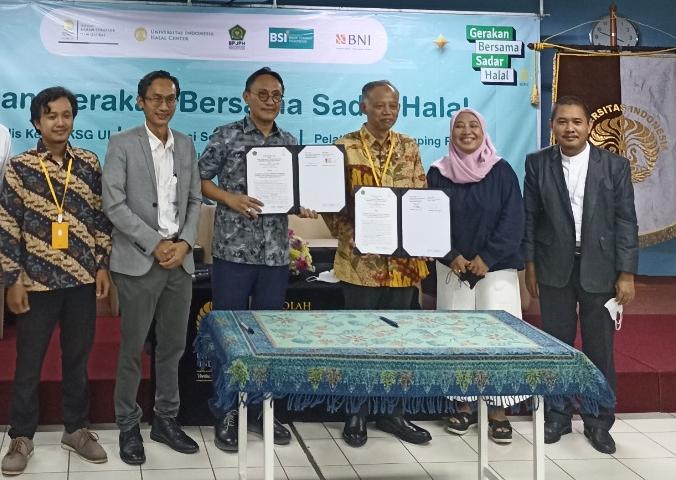
At the beginning of 2022, the Faculty of Engineering, Universitas Indonesia (FTUI) made another proud achievement. A total of 43 laboratories in seven departments within the FTUI managed to get ISO 45001:2018 certification. This certification is the first international standard in the world to establish requirements or guidelines for an Occupational Health and Safety Management System (SMK3). The laboratory that received the ISO 45001:2018 certificate is a place for education and research spread across the Department of Civil Engineering (5 laboratories), Department of Mechanical Engineering (8 laboratories), Department of Electrical Engineering (9 laboratories), Department of Metallurgical and Materials Engineering (6 laboratories) , Department of Architecture (2 laboratories), Department of Chemical Engineering (8 laboratories) and Department of Industrial Engineering (6 laboratories). “The ISO 45001:2018 FTUI certification audit was carried out on November 4-5, 2021 by DQS Certification Indonesia, and the certificate was issued on January 6, 2022. The audit was carried out online followed by faculty leaders, department leaders, K3 coordinators, relevant laboratory heads , and the laboratory to be audited. Prior to the implementation of the certification audit, several preliminary activities which are mandatory activities have been carried out, such as internal audits and management review meetings,” said Dr. Ir. Hendri D. S. Budiono, M.Eng., the initiator of this certification implementation and a former dean of FTUI. The Dean of FTUI Prof. Dr. Heri Hermansyah, ST., M.Eng., IPU appreciated this achievement, and said, “The ISO 45001:2018 certification complements the 14001:2015 certification which was previously obtained by the 43 FTUI education and research laboratories in 2020. Currently, FTUI has been able to provide environmental safety guarantees in terms of regulations and information as well as guarantees for managing OHS risks and opportunities, creating a healthy and safe workplace, and protecting the organization’s most important assets and human resources.” This certification is FTUI’s commitment to provide protection to lecturers, students and department staff from potential hazards, especially when carrying out physical activities in the laboratory and other routine activities. Another benefit is the increased protection of important documents and physical assets, for example related to the risk of fire, compliance with regulations and laws on occupational health and safety (K3) and reducing costs through the prevention of work accidents that can cause asset losses. “FTUI continues to improve to move faster, work harder, have smarter strategies to continue to strengthen its increasing role at the national and international levels and become one of the leading engineering education institutions in the Southeast Asia region. In anticipating changing times and global competition, FTUI continues to organize itself to become an Outstanding and Impactful FTUI so that it is able to overcome global challenges in an innovative, superior, and far-sighted way. With this certification, it is hoped that public and stakeholder trust can increase through the FTUI’s K3 policy,” said Heri. In addition to ISO 45001:2018, FTUI has also been certified for several other management standards, namely the ISO 9001:2015 quality management system for the scope of all administrative activities in departments and fields/work units in 2015 – and recertification in 2019–, environmental management system ISO 14001:2015 for the scope of all education and research laboratories in 7 Departments by 2020, as well as the ISO 17025 laboratory management system for the Materials Testing Laboratory of the Department of Metallurgical and Materials Engineering and the Environmental Testing Laboratory of the Department of Civil Engineering.
Author: Tikka Anggraeni | Editor: Mariana Sumanti



